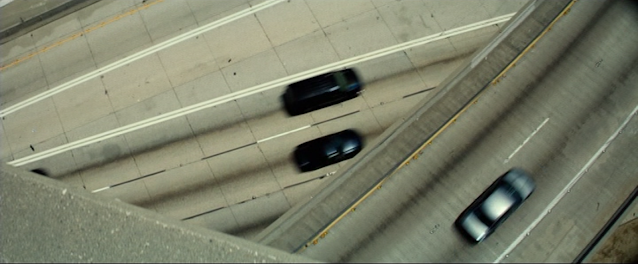Considering that I've watched this film a million times, there are a surprising number of things I haven't figured out, like
1. Who is producer Moustapha Akkad? He was a Syrian who came to the US to study film and made The Message, before the Halloween series. He and his daughter were killed in the 2005 Amman bombing in Jordan. He was at that time producing a big budget film about the Crusades with Sean Connery.
2. I don't think I'd really twigged that that is Laurie's father at the beginning who gives her the key to the Myers' house, so we do meet one of her parents at least. Can't say they seem to have the warmest relationship.
3. After years of banging on about how great Dean Cundey was and what a brilliant innovation the Panaglide provided, it's about time to name check the camera and Panaglide operator, Ray Stella. He was a grip on Candy Tangerine Man back in 1975 and assistant camera - to Cundey - in other arthouse fare such as Creature from Black Lake and Satan's Cheerleaders (which incidentally has the incredibly eclectic cast of John Ireland, Yvonne de Carlo, Sidney Chaplin, John Carradine and Jack Kruschen!)
4. That comment of Laurie's - 'Well Kiddo, I thought you outgrew superstition" - is actually aimed at herself, a reaction to hearing the hijinks of trick or treaters.
5. According to this fan site, Donald Pleasance was actually paid $20,000 for his appearance. Jamie apparently earned $8000. The remaining $150,000 of the budget that wasn't spent on the Panaglide is reducing fast...
6. The unkillable Michael Myers actually brought his own editor to the film, which is why he is able to disappear from the frame so suddenly. To end the film in that cliff-hanger way was quite audacious...


















































